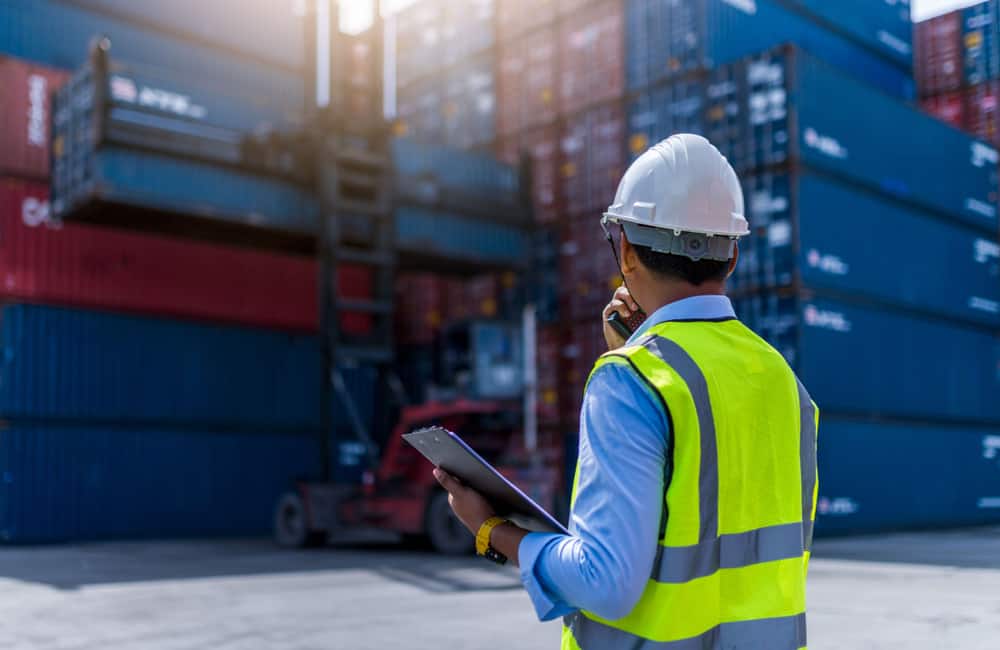The world is in a place where globalization has taken center stage, and the interactions and business dealings between the countries and organizations is at an all-time high. The import and export businesses are two of the most important, and crucial, businesses in the era of globalization. Therefore, it is important for first-time importers to be aware about current market situations, legal matters, financial details, and the political environment in various countries where businesses plan to conduct their operations. The e-commerce business has catalyzed the import and export businesses, and people buy and sell goods online, through different websites and vendors, with an intent of keep costs at a minimum possible level.
The first thing that first time importers must be aware of is knowledge 0f the market.
An importer must not invest in markets where he or she is not completely aware of their inner workings. In cases of high product demand, the importer must purchase a sufficient amount of products to cater to the demands of consumers. For shipping of products via ocean, the importer must be aware that waterways are the slowest mode of transportation. Therefore, they should take deadlines into consideration before making a purchase. The importer must also be aware about the tonnage at the shipping port, and how much time products usually spend at the port, before being put on board. The shipping cost becomes lower only when larger quantities are shipped. At the same time, quantities should not be so high that products get wasted – it is really important to determine the required quantity.
The second most crucial factor is determining the authenticity of the exporter.
The importer must be 100 percent sure that exporters that they are dealing with are in legal business industries, and not involved in any fraudulent activities. This is important, as the importer, without adequate knowledge about the exporter, may receive defective products, or may not receive products at all, if the exporter is a fraud. The first time importer may take help from sourcing and inspection agencies to make an informed decision. Once the importer is sure about the authenticity of the exporter, he must analyze buying terms and conditions, which may vary significantly from one exporter to another, even for similar products. There should be a clear understanding about the transportation costs which would be borne by the two parties in the contract. The first time importers should prefer FOB shipping terms, as they work out to be cheaper, and are the safest option. They should avoid CIF or CFR shipping terms.
The importer should know how and when exporters should be paid, as financial transactions are the most important part of the contract.
The contract may require the amount to be paid upfront, or at a time when the consignment is on water. Different organizations ship the products at different prices, and with different terms and conditions. Therefore, the first time importer must take quotes from different vendors, before taking the final call. The importer should have a good understanding of political and legal rules and regulations which may affect the shipment. Import duties and taxes must also be considered. Once the final decision has been made, insurance comes into picture. First time importers must ensure that products to be imported are adequately covered through marine insurance.
When an importer is aware of all the costs and taxes involved, political and legal matters, authenticity of the exporters, market situations, and terms and conditions of different types of contracts, they can make an informed decision regarding the import of the products.




